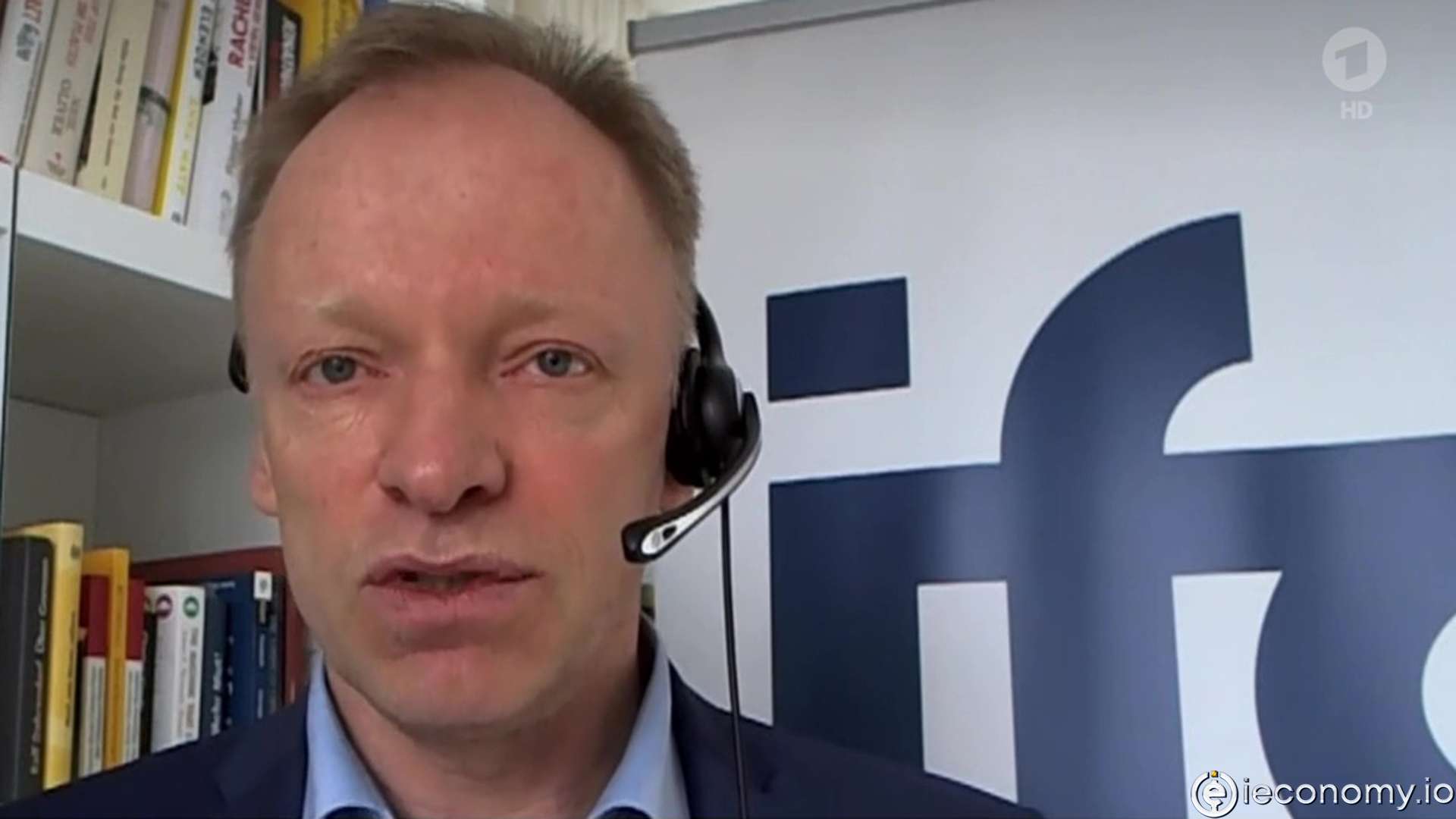2556
0
The Ifo Institute calls for an increase in wages in Germany
The President of the Ifo Institute for Economic Research, Clemens Fuest, calls for an increase in wages in Germany.

Yazar: Tom Roberts
Yayınlanma: 15 Haziran 2021 09:40
Güncellenme: 2 Mart 2026 20:08
The Ifo Institute calls for an increase in wages in Germany
The President of the Ifo Institute for Economic Research, Clemens Fuest, calls for an increase in wages in Germany. "When skilled workers are scarce, wages have to rise," he told the "Frankfurter Allgemeine Sonntagszeitung". In response to the objection that an increase in wages could be a problem for some companies right now, Fuest replied that this is how the market economy works. Wage increases also have the function of preventing skilled workers from being deployed where they are less urgently needed. "In this respect, wage increases are correct even if not a single skilled worker immigrates as a result." If companies disappear as a result of the wage increases, this is bitter for the companies concerned, but it is economically correct. The number of people of working age in Germany will decrease in the coming years, said Fuest. "This also limits the growth potential. This is one of the most important issues for economic policy in the next ten or 20 years," said the Ifo President. Fuest therefore called for more purchase incentives to stimulate growth. "There is definitely untapped potential in Germany. This applies particularly to second earners." In order to give women in particular an incentive to work more, Fuest advocates abolishing the splitting of spouses. One reason for the high part-time quota for women in Germany is that second earners are taxed more heavily. As a replacement for the spouse splitting, the Ifo boss proposes a real splitting "in which you can transfer a certain amount to the partner, which reflects the maintenance obligations". It is clear, however: "The reform of spouse taxation will not solve the labor shortage alone." In this context, Fuest called for an expansion of childcare. "Everyone who has children knows: childcare often closes too early and as soon as a child is sick you have a problem. We need solutions for this. Only then can we achieve more gainful employment." Child care should not collapse from one moment to the next, stressed Fuest. Childcare must generally be more flexible and available for longer. "It cannot be that parents always live under this sword of Damocles, that if a child is sick or one has to work a little longer, there is no care."İLGİLİ HABERLER





European stocks soared and focus shifted to German retail sales after Powell's speech!

Forex Signal For TRY/USD: Inflation Slowdown in November.

Forex Signal For GBP/USD: Bullish Trend Still Not Breaking While Recovery Continues.

Forex Signal For EUR/USD: Starry US Data Points to Higher Fed Increases.

Forex Signal For BTC/USD: Downside Continues as Bitcoin Recovery Moves Less.
En Popüler Haberler
Yorum Yap
Yorumlar
Henüz yorum yapan yok! İlk yorumu siz yapın...